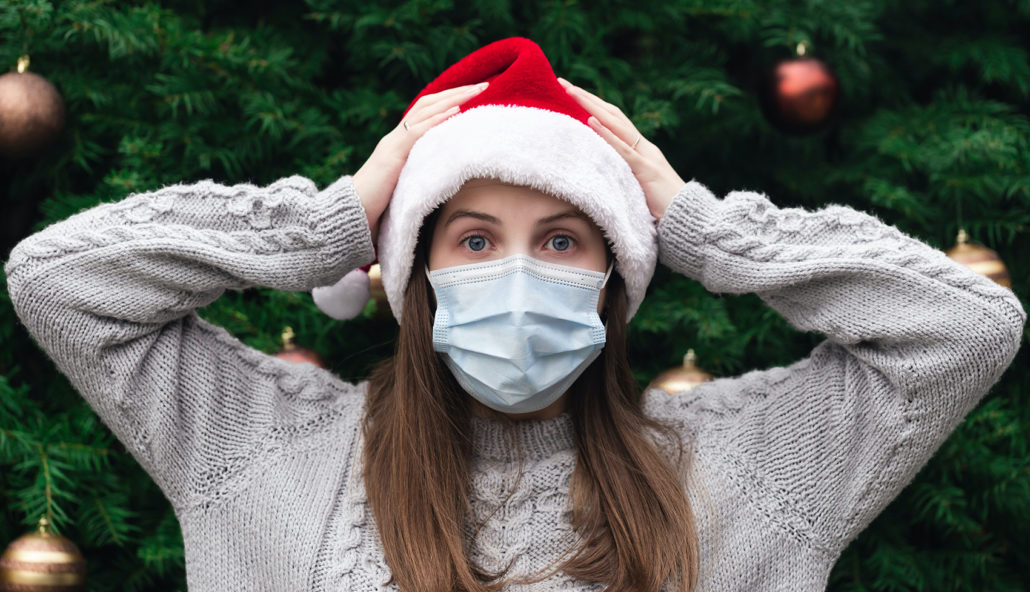Life During COVID-19. How to Keep Your Home and Family as Safe as Possible
By now, we’re all getting used to living with COVID-19. But, with rising case numbers in BC, how can we keep our homes and families safe?
It’s November. Already several months since most British Columbia schools, offices, and workplaces have opened their doors to welcome everyone back. But, despite our provincial authorities’ best efforts, case numbers in BC continue to break previous records weekend after weekend throughout the fall. And, while it’s probably inevitable as most of us succumb to some degree of COVID-19 fatigue, the increase in cases should be a reminder that this is nowhere near over.
With family members and friends spending more time out of the home and the security of our respective bubbles, it’s vitally important that we remain vigilant – continue to practice the recommended protocols to help keep ourselves, our loved ones, and our homes as healthy and safe as possible.
Resigning ourselves to the fact that COVID-19 is going to be around for some time is helpful, first and foremost – getting our heads around the ‘new normal’. But, at the same time, reassuring ourselves that we have some control over how it affects our health and well-being is so important to our peace of mind. No, we can’t end the virus. But, we can do our part as individuals to hinder it’s spread through our communities and the infection of our households.
As a gentle reminder of how to navigate this ‘new normal’, and echoing the recommendations of our respected public health officials, below is a checklist of concrete actions you can take to reduce exposure and slow the spread of COVID-19 in your community – and keep the people in your household healthy as this pandemic persists.
A preventative checklist:
- Social or physical distancing is still paramount – limit close contact with those outside your bubble as much as you can. When out and about, try to keep a distance of at least six feet from others.
- As they say, “An ounce of prevention is worth a pound of cure”:
- Face coverings have become a requirement in many public spaces, such as grocery stores, community centres, and gyms. Always keep a face mask handy – one in your purse, in your car’s glove compartment, in your pocket. And require your school-age kids to do likewise.
- Sanitize hands before, during, and after outings to public places.
- Frequently clean, sanitize, and disinfect those surfaces that are touched most often. Your typical household detergents and soaps with water work well. You can also use EPA-registered household disinfectants, too. Just be sure they’re appropriate for the surfaces your cleaning.
- Frequent hand-washing with soap and water for a count of at least 20 seconds – or quietly sing Happy Birthday in its entirety. If you’re unable to use soap and water, a hand sanitizer that contains 60% alcohol is a good replacement.
- Be conscious when you sneeze or cough – cover your mouth and nose (use the inside of your elbow if you don’t have a tissue). Don’t keep and reuse a tissue, toss it immediately after use.
- Frequently sanitize with the manufacturer-recommended cleaners any and all electronic devices – mobile phones, tablets, TV remote controls, laptops, etc.
- Be aware of the emotional wellbeing of family members and others in your household and bubble. This has been a very stressful many months and can easily take its toll on everyone’s mental health – adults and children. Talk with your family, including children, about these surreal circumstances. Approach it calmly and with a sense of reassurance, stressing how they too can help to prevent the spread to stay healthy and safe.
- As we often hear, those who have had the hardest time are people in more isolated situations, such as the elderly in care homes. Stay in touch and check in regularly with those who are alone – phone calls, video chat, text, or even email.
- Discourage your kids, particularly your teenagers, from large gatherings. Limit their outings to school, with minimal time spent in public places, so as to minimize the potential for spread throughout your community.
- If you get sick, stay home. Work, school, and any other activities or commitments can wait until you’re recovered.
- As best you’re able, limit any exposure to anyone you know who may be ill.
- If someone in your home becomes ill: Use a separate room and bathroom for sick household members (if possible).
- Give them a room and bathroom separate from other family members.
- Do not share any personal items such as drinks or food.
- Ensure that the sick housemate uses a clean, disposable face mask around the house.
- Keep the room and bathroom of the sick individual clean, disinfected, and sanitized as thoroughly and frequently as possible.
- If you suspect that you or a housemate may be ill, notify work, school, daycare, or other obligations immediately and let them know you’ll not be in. Request work or schoolwork to be sent home.
- Stay well-informed about COVID-19. Receive up-to-date information regarding local outbreaks, school closures, and other changes in your community from trusted media source updates.
Please keep in mind: no matter how comprehensive this list, and others like it, it’s still vital that you keep up-to-date with the guidance and recommendations provided by your local and provincial public health authorities.

